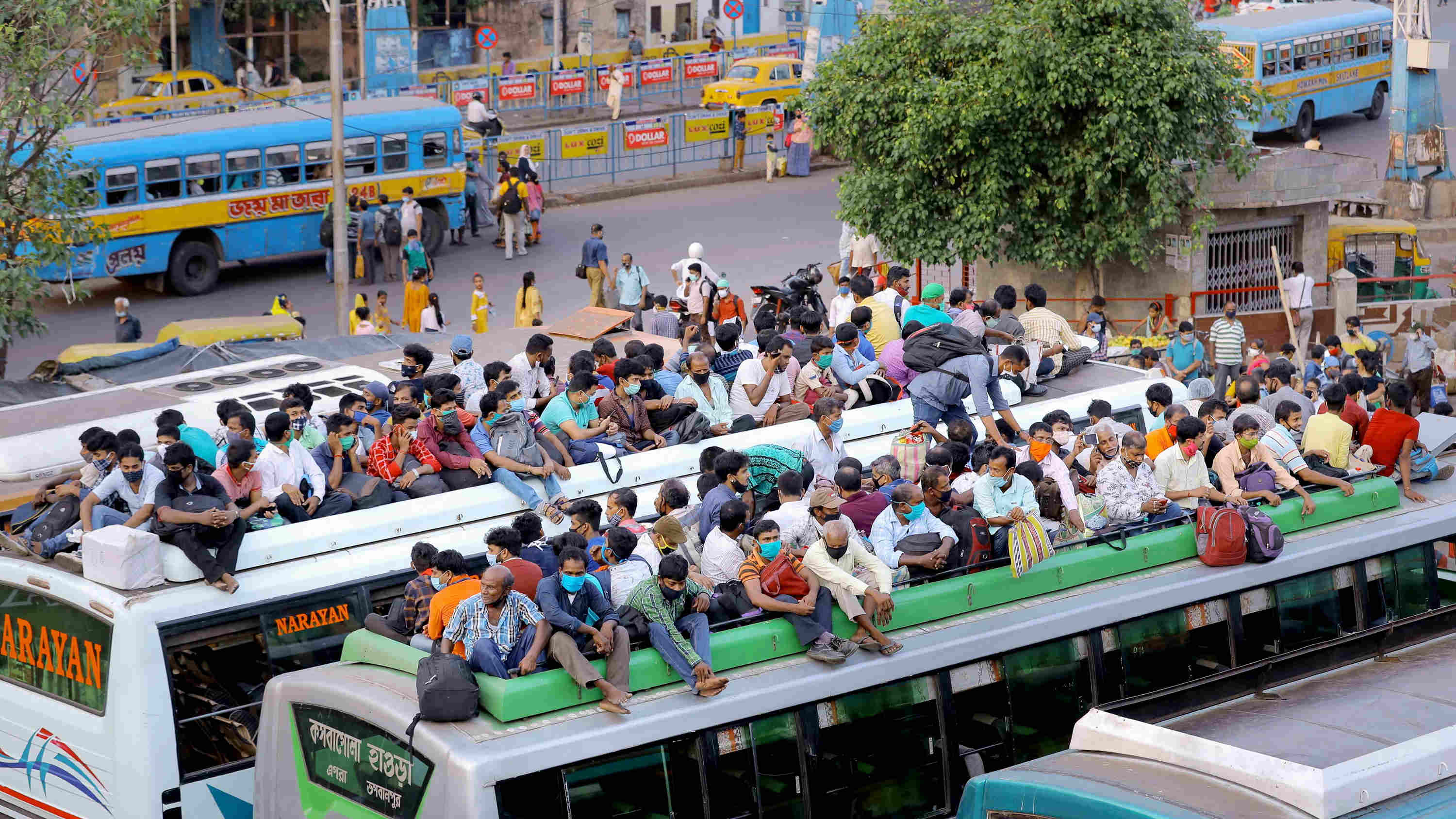It is always a challenge for an administration to ensure that normal life comes to a standstill to stall the spread of an infectious disease. The government of West Bengal may be facing even greater challenges in the lockdown from May 16 to 30 than it did last year, when a countrywide lockdown had been ordered by the Centre. The number of infections and deaths is far greater than last time, while there is a shortage of hospital beds, oxygen and essential medicines. Rural areas are affected because of the extended election exercise. Among all this, the problem of suspending public transport while allowing people to travel to vaccination centres by taxi or auto-rickshaw is a serious one; there is no guarantee that they will get this transport. This adds to the confusion about the availability of vaccines. The government has promised more centres, but the situation is far from easy.
A lockdown cannot be popular, even though West Bengal has proceeded in two stages — the closing of malls, theatres, gyms and so on together with the shortened timings for markets having been announced on April 30. The state government has been criticized for the short notice for the second stage. Any lockdown is painful for workers in the unorganized sector: they have to work till the last day for their wages and then crowd on to transport to get home. Their safe travel and sustenance during the lockdown are responsibilities the government must take up. Although the administration has some answers to criticism about allowing sweet shops several hours and sari and jewellery shops three hours of operations, there are other, more difficult, issues it has to deal with. For example, the regular distribution of uncooked mid-day rations was one of the government’s positive steps during school closure last year. The lack of transport means only teachers living close to the school can do this, which becomes difficult if it has to continue; moreover, this year, with the virus having become more virulent, some head teachers have said that the system has caused them to lose many members of staff. While the government must find solutions for such problems, it is overwhelmingly important that people cooperate with the measures and strictly follow the Covid-19 protocols. That would be a great step forward.

